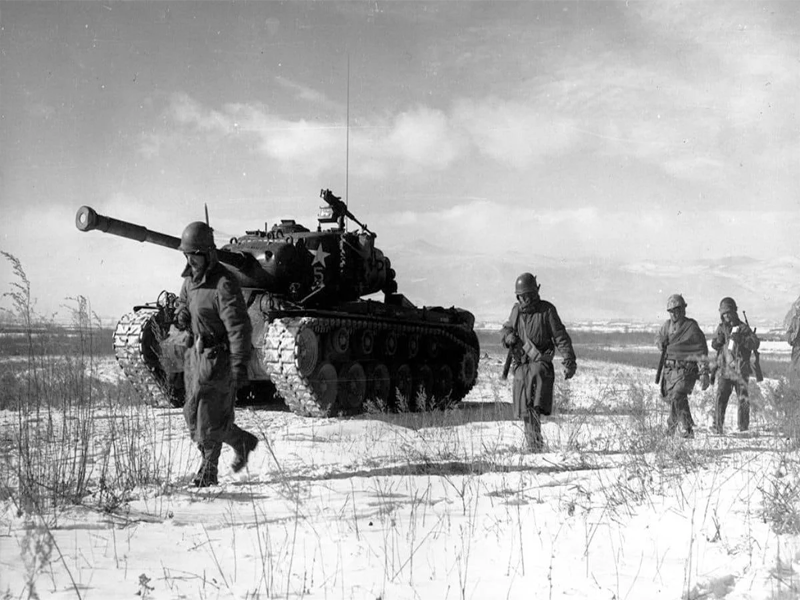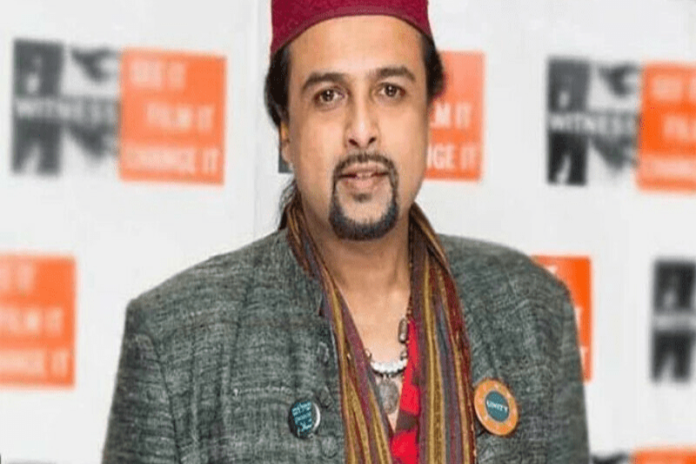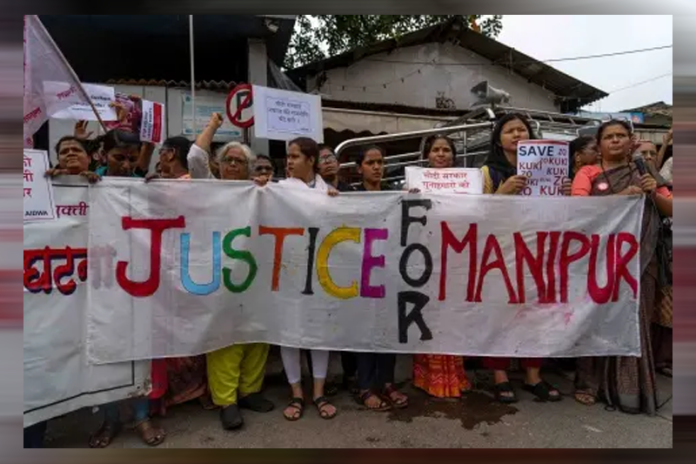Korea’s divided legacy: tension, ideology, and the threat of war

- 167
- 0
The Korean Peninsula, home to two nations—South Korea and North Korea—has been one of the most volatile and politically charged regions in the world for decades.
Despite being technically still at war since the 1950s, South Korea and North Korea have managed to exist in a tense state of hostility, separated by ideological differences, military posturing, and the legacy of the Korean War. In this article, we explore the origins of the conflict, the historical and ideological factors that have fueled the tension, and the potential for a future war between the two Koreas. The Origins of the Conflict: The Korean War (1950-1953) The seeds of the conflict between North and South Korea were sown in the aftermath of World War II and the end of Japanese colonial rule over Korea in 1945. Prior to Japanese occupation, Korea had been a unified kingdom for centuries, but the country was divided into two zones of occupation after Japan's defeat.
The Soviet Union occupied the northern part of the peninsula, while the United States took control of the southern part. As Cold War tensions escalated between the USSR and the United States, so too did the division of Korea into two ideologically opposed states: North Korea: Led by Kim Il-sung, a communist leader supported by the Soviet Union. South Korea: Led by Syngman Rhee, a pro-Western, anti-communist leader backed by the United States. In 1950, North Korea, under Kim Il-sung’s leadership, launched a surprise invasion of South Korea, marking the beginning of the Korean War. The war was fought between the communist North, supported by China and the Soviet Union, and the South, backed by the United Nations, primarily led by the United States.
The war, which lasted until 1953, resulted in millions of casualties on both sides, massive destruction, and the eventual stalemate at the 38th Parallel, the line of division between North and South Korea. The war ended with an armistice agreement, but no formal peace treaty was ever signed. Technically, the two Koreas remain at war, with a heavily militarized border (the Demilitarized Zone or DMZ) separating the two nations. One of the main reasons for the ongoing tension between North and South Korea lies in their ideological differences. These differences were rooted in the Cold War and continue to shape the policies of each state to this day. Under the leadership of Kim Il-sung, and later his son Kim Jong-Il and grandson Kim Jong-un, North Korea embraced a totalitarian and communist ideology known as Juche, which emphasizes self-reliance, military-first policies, and the supremacy of the ruling Kim family. North Korea is a highly centralized, authoritarian state where the government controls nearly every aspect of life, including the economy, the media, and personal freedoms. In contrast, South Korea developed into a capitalist democracy with a free-market economy and political freedoms. Over the decades, it has become one of the world's leading economic powers, a beacon of prosperity, and a staunch ally of the United States. South Korea's government has evolved from a military dictatorship to a vibrant democracy since the 1980s.
The ideological gulf between the two Koreas is reflected not only in their governance but also in their attitudes toward each other. North Korea sees the South as a puppet of the West and an enemy to the communist cause, while South Korea views the North as an oppressive regime that threatens peace and stability in the region. Despite the armistice in 1953, tensions between North and South Korea have remained high throughout the latter half of the 20th century and into the 21st century. The history of military skirmishes, nuclear threats, and diplomatic negotiations has created a volatile peace. A few significant events stand out: One of the most alarming developments in recent decades has been North Korea’s nuclear weapons program. In the early 2000s, North Korea began to develop nuclear weapons, conducting its first successful nuclear test in 2006. Over the years, the regime has repeatedly defied international sanctions and United Nations Security Council resolutions, continuing to build and test nuclear weapons. The regime's growing nuclear capabilities have been a major source of anxiety not only for South Korea but also for the broader international community.
North Korea's nuclear tests have led to numerous diplomatic confrontations, including heightened tensions with the United States and the imposition of severe sanctions. The DMZ, which separates North and South Korea, has been the site of many military skirmishes, including naval clashes, artillery exchanges, and incidents involving defectors attempting to cross the border. North Korea has also periodically threatened or conducted missile tests, further exacerbating the situation. One of the most significant incidents was the 2010 sinking of the South Korean warship Cheonan, which killed 46 South Korean sailors. South Korea accused North Korea of torpedoing the ship, although North Korea denied the accusation. This event led to increased military tensions and further strained the relationship between the two countries. In another significant escalation, in November 2010, North Korean artillery shelled the South Korean island of Yeonpyeong, killing four South Koreans, including two civilians. This attack was one of the most serious provocations in recent years and raised fears of a full-scale military conflict. Amid the continued military tensions, there have been occasional attempts at diplomacy, including the Sunshine Policy of the late 1990s and early 2000s, a South Korean policy of engagement with North Korea, which included economic aid, family reunions, and high-level talks.
Despite some success in easing tensions temporarily, the policy ultimately failed to achieve lasting peace due to North Korea’s persistent provocations. However, in recent years, there have been moments of hope. The 2018 inter-Korean summit saw North Korean leader Kim Jong-un meet with South Korean President Moon Jae-in, marking a significant diplomatic breakthrough. This was followed by a historic meeting between Kim Jong-un and U.S. President Donald Trump in Singapore in June 2018. While these talks led to promises of denuclearization and peace, progress has been slow, and many of the commitments made by North Korea remain unfulfilled. The question of whether South Korea and North Korea will go to war again is one of the most pressing concerns in international security. While the chances of full-scale war are difficult to predict, several factors suggest that the risk remains ever-present: North Korea's nuclear program remains a major flashpoint. The regime’s refusal to abandon its nuclear weapons, coupled with the growing missile threats, creates a constant risk of military escalation. Any miscalculation or provocation could lead to an unintended conflict.
Both countries continue to maintain large, well-equipped military forces, with South Korea’s military backed by the United States and North Korea relying on its massive standing army and nuclear deterrence. Any clash, even a small-scale one, could quickly spiral out of control. The regime in North Korea, under Kim Jong-un, remains highly unpredictable. His leadership has seen an increase in provocations, missile tests, and nuclear threats, with little regard for international pressure or sanctions. The regime’s aggressive stance toward South Korea and its allies keeps the region on edge. The involvement of global powers—especially the United States, China, and Russia—adds complexity to the situation. While the U.S. remains committed to defending South Korea, China has economic and strategic interests in North Korea, while Russia has historically been sympathetic to the North Korean regime. These dynamics could influence the outcome of any potential conflict. The conflict between South Korea and North Korea is deeply rooted in history, ideology, and geopolitics. The legacy of the Korean War and the ongoing division of the peninsula continue to fuel tensions, with each side viewing the other as an existential threat.
While the possibility of full-scale war may seem unlikely, the potential for small-scale military confrontations, nuclear escalation, or political miscalculations remains high. Ultimately, the future of the Korean Peninsula depends on the ability of both nations—and the international community—to navigate these tensions and work toward a lasting peace. Until then, the world will continue to watch this volatile region closely, hoping for diplomacy but preparing for the worst.

















































